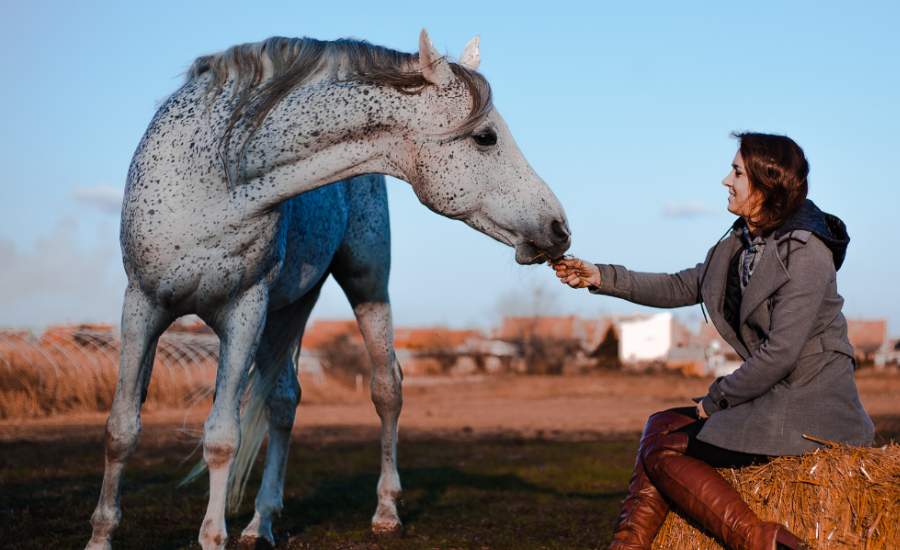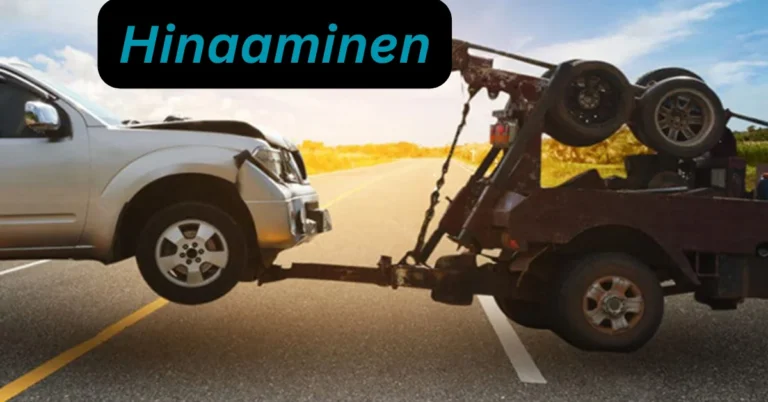How Horse-Assisted Recovery Helps Overcome Addiction
When battling addiction, finding a path that speaks to both the mind and body can be challenging. But one unique approach gaining attention is horse-assisted recovery. This method provides a powerful way to reconnect individuals with themselves, nature, and others in their recovery journey. In this article, we will explore how horse-assisted recovery serves as a healing process for those overcoming addiction, discuss the benefits it offers, and address frequently asked questions to give you a deeper understanding of this innovative therapy.
What is Horse-Assisted Recovery?
Horse-assisted recovery involves equine therapy, where horses become an integral part of the addiction recovery process. Unlike traditional therapies, this method emphasizes building a relationship between the person in recovery and the horse, promoting emotional healing, self-awareness, and behavioral change. By interacting with these majestic creatures, individuals can experience a sense of trust, empathy, and responsibility, which can profoundly affect their journey to sobriety.
The keyword “horse-assisted recovery” serves as the foundation of this approach, blending physical, emotional, and psychological healing for people battling addiction.
How Does Horse-Assisted Recovery Work?
In horse-assisted recovery, the focus is not on riding horses, but on activities such as grooming, leading, and observing the animals. These interactions are supervised by a therapist who guides the person through reflective practices that encourage personal growth.
For instance, horses are known to mirror the emotions of the individuals around them. If someone is feeling anxious, the horse may become agitated or nervous as well. This immediate feedback creates a space for the person in recovery to confront their own emotions, acknowledge them, and learn how to manage them effectively.
Through activities like these, participants in horse-assisted recovery develop essential skills such as:
Patience and Persistence: Working with horses can be unpredictable, requiring individuals to exercise patience, which is a valuable trait in overcoming addiction.
Trust and Boundaries: Horses demand clear communication and trust, which helps individuals in recovery rebuild healthy relationships and set proper boundaries in their personal lives.
Emotional Awareness: As horses reflect the energy and emotional state of humans, participants are forced to become more attuned to their feelings and how those emotions affect others.
The Emotional Bond Between Humans and Horses
The bond that forms between a human and a horse in recovery is a vital part of the therapeutic process. Horses are non-judgmental creatures that respond purely to the energy and body language of individuals. This creates an environment where people feel safe to explore their emotions without fear of being judged.
This bond helps individuals in recovery feel accepted and understood, which can be particularly important for those who may have experienced feelings of isolation or self-blame due to their addiction. Horses, in essence, act as emotional mirrors, reflecting back what we project, allowing participants to better understand themselves and make changes where needed.
Benefits of Horse-Assisted Recovery in Addiction Treatment
1. Building Emotional Resilience
Horse-assisted recovery helps individuals develop emotional resilience by offering them a chance to confront their vulnerabilities. Through guided interactions with horses, participants learn how to manage their emotions, handle stress, and develop self-confidence. These are critical tools for someone in recovery, as emotional instability is often a significant barrier to overcoming addiction.
2. Enhancing Mindfulness
Working with horses demands present-mindedness. Horses live in the moment and react to the here and now, which encourages individuals in recovery to stay mindful of their surroundings and current state of mind. This mindfulness can be a helpful coping mechanism for those in recovery, as it allows them to navigate through cravings or emotional triggers without succumbing to old habits.
3. Encouraging Responsibility
Caring for a horse requires dedication and responsibility, which teaches individuals in recovery the importance of being accountable. Addiction often leads to damaged relationships and broken trust, but through horse-assisted recovery, participants can rediscover a sense of responsibility and learn to take ownership of their actions.
4. Reducing Stress and Anxiety
Interacting with horses has been proven to reduce stress and anxiety levels. The calm, rhythmic actions of grooming a horse or walking alongside it can promote a sense of peace, making it easier for individuals to relax and center themselves during the often challenging recovery process.
5. Improving Self-Esteem
Working successfully with horses can boost self-esteem. Addiction can strip individuals of their sense of self-worth, but horse-assisted recovery provides opportunities for positive reinforcement. When participants succeed in creating trust with the horse, they experience a renewed sense of accomplishment, which can help improve their overall outlook on life and their potential for recovery.
FAQs About Horse-Assisted Recovery
1. What type of addiction can horse-assisted recovery help with?
Horse-assisted recovery can be beneficial for a wide range of addictions, including alcohol, drugs, gambling, and more. It focuses on emotional healing and personal growth, which are universal needs in any form of addiction recovery.
2. Do you need experience with horses to participate in horse-assisted recovery?
No prior experience with horses is required. Trained therapists guide participants through each step of the process, ensuring that activities are safe and accessible for everyone, regardless of their familiarity with horses.
3. Is horse-assisted recovery a replacement for traditional therapy?
Horse-assisted recovery is typically used in conjunction with other forms of treatment, such as counseling, group therapy, and medication-assisted treatment. It is an alternative, experiential therapy that complements more traditional methods by addressing emotional and psychological challenges in a hands-on, unique way.
4. How long does it take to see results from horse-assisted recovery?
The timeline for recovery varies from person to person. Some individuals may notice emotional improvements after just a few sessions, while others might require more time to fully engage with the therapy. Consistency and a willingness to participate are key factors in experiencing the benefits of horse-assisted recovery.
5. What makes horse-assisted recovery different from other forms of therapy?
What sets horse-assisted recovery apart is the use of horses to facilitate emotional learning and self-reflection. Horses provide immediate feedback, helping individuals become more aware of their internal states. This makes the therapy more interactive and engaging than traditional talk-based therapies.
Conclusion
Horse-assisted recovery is a transformative tool in the battle against addiction. By fostering emotional growth, mindfulness, and a sense of responsibility, it helps individuals reconnect with themselves in ways that traditional therapies may not. The unique bond between horse and human becomes a catalyst for healing, offering those in recovery the chance to rebuild their lives on a foundation of trust, self-awareness, and emotional resilience. If you or a loved one are struggling with addiction, exploring horse-assisted recovery could be the first step toward lasting sobriety.
Horse-assisted recovery not only offers hope but also a tangible way to address the underlying emotional struggles that often accompany addiction. With the right support and commitment, this therapy can serve as a powerful component in achieving and maintaining recovery.
Read More: Buzz Released






